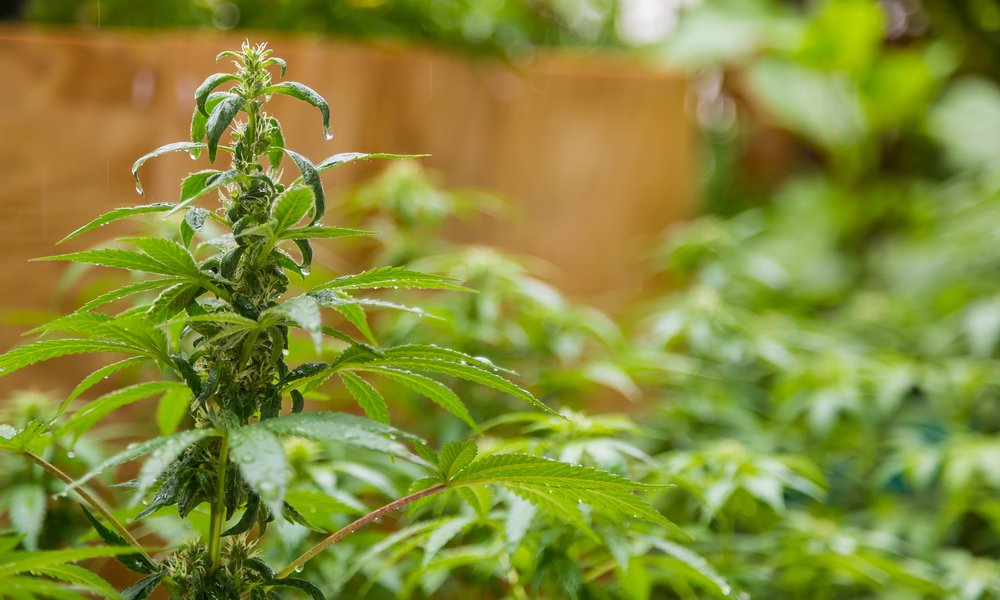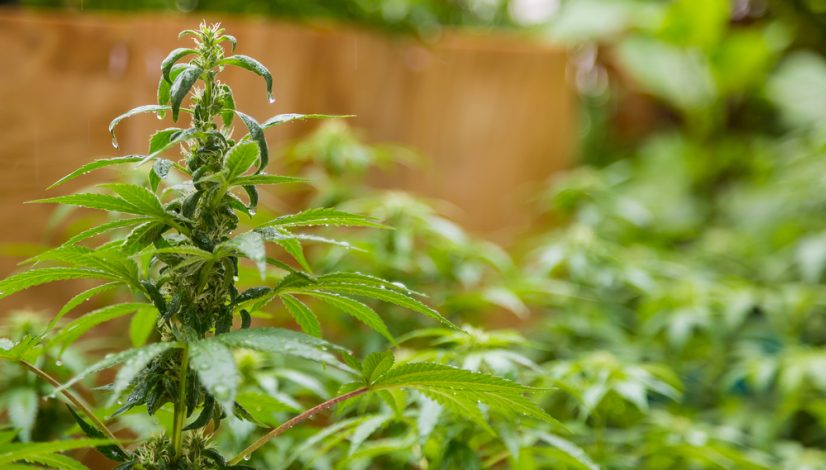Good News: Congo Is Ditching Conflict Metals For Cannabis
The post Good News: Congo Is Ditching Conflict Metals For Cannabis appeared first on High Times.
Reports say that the Democratic Republic of Congo might be the largest producers of cannabis in Africa. And the crops are in such high demand, that some former miners of conflict metals are seeking a career shift.
Conflict Metals in Congo
If you’re reading this, don’t forget to wipe the blood off of your touchscreen. Relax (a bit). It’s metaphorical, but only slightly. Your smartphone, your tablet, your laptop and your smartwatch are instruments of destruction and war.
About the only “good news” about the longstanding practice of high-tech gadget manufacturers sourcing raw materials from war-ravaged areas is that everybody does it.
According to Amnesty International, buyers of “conflict metals” like cobalt from the Democratic Republic of the Congo—where child labor does the mining and where child soldiers also inflict the killing in the predictable squabbles over resources—include Apple, Samsung, Sony, Microsoft and Lenovo.
Strike that. There’s more good news. The Congo is also a hub for cannabis production—according to some sources, the biggest producer of marijuana anywhere in Africa. And as per a new report in Ozy, some former miners are ditching blood minerals and growing weed instead.
Cannabis In Africa

A decade ago, according to the United Nations’ Office on Drugs and Crime’s annual World Drug Report, Africa was a global leader in cannabis production. As per the UN, more than 10,500 metric tonnes of marijuana was grown on the continent. This is about 23 million pounds or a quarter of the world’s total.
These days, so much weed is grown worldwide than the most recent World Drug Report didn’t even bother to include an estimate—but just for comparison’s sake, recall that California alone grew an estimated 13.5 million pounds of weed in 2016—and most seizures occur in either North or South America, but cannabis is still a big deal in Africa.
As many as 50 million people on the continent (and it is admittedly a very big continent) use cannabis, and the flow of drug trafficking mimics that seen in the U.S. a decade ago: Poor countries like Lesotho grow the drug and ship it illicitly to richer places like South Africa, where, as always and as everywhere, it’s a popular party drug. All this said, no African nation has come very far towards legalization, let alone medical marijuana.
South Africa is the furthest along—there’s even a political party, the Dagga Party, named after weed—but progress there is stalled as scientists hem and haw about weed’s real medicinal value.
In the meantime, there’s real economic incentive for cash-poor farmers to start growing pot—and so they have!
Online magazine Ozy, citing geography professor Ann Laudati, reported that as many as 90 percent of farmers in some regions of the Congo are growing weed. “Everybody except the priests” is growing pot.
The Human Impact
Ozy chronicled the situation of one miner-turned-farmer, whom it called Koti. Koti worked in the mines where he watched fellow miners die in tunnel collapses. He stopped in 2007, only when a new mining company kicked him off the work site. Unemployed, he scored a few seeds from a neighbor and started a modest one-man growing operation.
Some years, it yields him 2,000 kilograms or more than 4400 pounds. Other years, he has to deal with police. They need to be bribed with cash or part of his crop, or both. Some years, it rains less and he yields a fraction of the harvest.
For this, he earns about $1,000 a year, Ozy reported. Perhaps half of his neighbors and fellow citizens in his village do the same. Thanks to weed, he says, his kids now eat three times a day instead of once. And best of all, they have money for schoolbooks.
Final Hit: Congo Is Ditching Conflict Metals For Cannabis
There are a few observers, advocates and experts who believe Koti could start earning far more if there were a legal global or regional trade in marijuana. They point to the U.S.-led global War on Drugs—the U.S. spent $20 million on enforcing drug laws in Africa and appeared to place more emphasis on cannabis than any other narcotic, a bizarre strategy for a country drowning in deadly opiates—as the chief reason why African nations are discouraged from pursuing policies that might allow for a legitimate weed trade.
That might allow farmers like Koti to make more than $1,000 for cultivating an epic plot of cannabis. It might also pluck those earnings from his grasp and grant them to a major multinational corporation. Like the ones who profited from his earlier labor in the mines.
The post Good News: Congo Is Ditching Conflict Metals For Cannabis appeared first on High Times.


